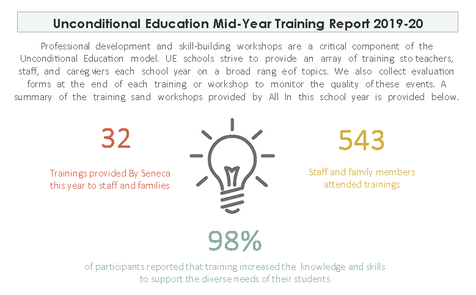
Those of us who are given the opportunity to guide learning for others have a tremendous opportunity to create spaces for others to think, reflect, draw new conclusions or confirm existing beliefs. Recently, I have been thinking about what conditions are necessary for others in order to do their best learning.
Here is an article that offers a take on the important factors that influence change in practice:
https://www.edutopia.org/article/sparking-change-teaching-practices
I’d love to hear more about what you think is important for you or others to do their best learning together.





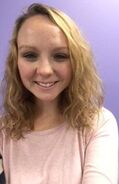

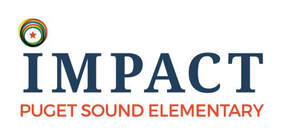

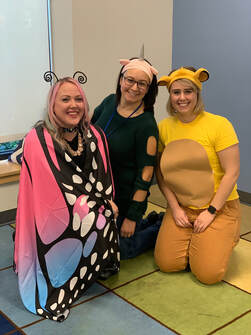
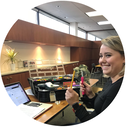
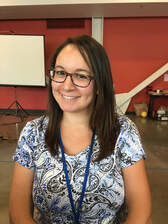



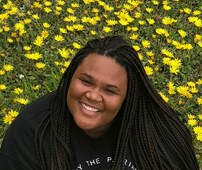

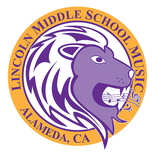


 RSS Feed
RSS Feed